
OR
Import of major crops growing with every passing year
Published On: March 4, 2019 09:02 AM NPT By: Republica | @RepublicaNepal
Rice worth Rs 16.99 billion imported in first half of FY2018/19
KATHMANDU, March 4: Ministry of Agriculture and Livestock Development has pointed out increasing population and changing food habit of people as major factors behind increasing farm imports.
Data released recently by the ministry shows import of agricultural products is increasing with every passing year. According to the data, Nepal imported rice worth Rs 16.99 billion over the first six months of Fiscal Year 2018/19, a growth of 24 percent compared to the same period of last year when the country had imported Rs 13.69 billion worth of the popular cereal. In the entire FY2017/18, Nepal had imported rice worth Rs 29.53 billion, up from Rs 23.87 billion a year ago.
Interestingly, rice imports are increasing despite growth in paddy production.
“Rapid population growth amid slow growth in production is the major reason behind increasing rice imports in the country. Moreover, demand for thin refined rice is increasing due to people’s changing food habit,” the ministry said in a report.
Lack of market management is another reason behind rising farm imports, according to the report.
Similarly, the import of maize – Nepal’s second major crop – also grew to Rs 5.19 billion over the first five months of the current fiscal year. In FY2017/18, Nepal had imported maize worth Rs 12.55 billion, while such import was worth Rs 10.63 billion in FY2016/17.
Likewise, the country imported potato worth Rs 6.35 billion in FY2017/18, while such imports were worth Rs 5.52 billion in FY2016/17. According to the report, apples worth Rs 5.63 billion were imported into the country in FY2017/18, up from Rs 4.87 billion worth of imports a year earlier.
Not only major corps, most of the agricultural products are being imported from other countries. Nepal imported fresh milk worth Rs 9.5 million in FY2017/18 even though dairy farmers rue lack of market for milk produced by them. Similarly, Nepal imported powdered milk worth Rs 439 million and other dairy products worth Rs 1.53 million during the same fiscal year.
Likewise, the country imported fresh fish worth of Rs 809 million, frozen mutton, chicken and pork worth Rs 35.9 million, and specific-pathogen-free (SPF) chicken eggs worth Rs 11.2 million in FY2017/18, the data shows. Similarly, vegetables worth Rs 1.10 billion were imported into the country in FY2017/18, the report shows.
Currently, the contribution of agricultural sector in country’s total GDP is 27 percent. Conservative estimates show over 65 percent of population across the country is involved in farming. However, Nepal imports most of the agricultural products from other countries.
Another thing to worry is, farmers are not getting due price for their produce, while middlemen are creating huge price gap between farmer and end consumers. Such situation indicates that several programs and policies brought by the government in agricultural sector are failing to yield desired results. The ministry itself has confessed in the report that lack of price competition, human resources and lack of market-centered products are the reason behind increasing farm imports despite healthy growth in production.
“There is a lack of sufficient investment in agricultural sector from both the government and private sector. There is also a need to usher in farm commercialization,” Tej Bahadur Subedi, the spokesperson for the agriculture ministry, told Republica.
Moreover lack of proper mobilization of subsidies is another reason that is affected agriculture sector, he added. He, however, added that the government has now done proper planning for implementation and monitoring of programs so that they yield desired results.
You May Like This
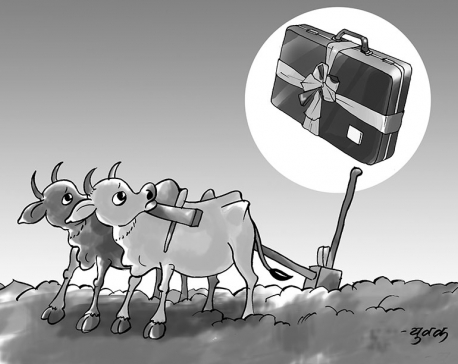
Import bills of agricultural products rising year-on-year due to poor implementation of government policies
KATHMANDU, Aug 1: The import of agricultural products has been on the rise year-on-year with the government failing to enforce... Read More...
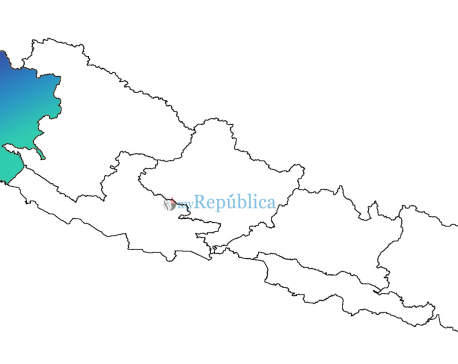
Sudur Paschim govt to promote cottage industry and herbal processing in 2020/21
KATHMANDU, June 16: The Sudur Paschim government has enlisted installing small and cottage industries and promoting agricultural products and herbs... Read More...

Farmers' Commission submits report to Agriculture Minister
KATHMANDU, Sept 16: The National Farmers' Commission has submitted its second annual report of the fiscal year 2074/075 BS to... Read More...

Just In
- Finance ministry approves SEBON’s proposal to reduce stockbrokers’ commissions
- Embassy of Nepal in Islamabad urges Nepalis not to go to Kyrgyzstan illegally for foreign employment
- Nepal’s labor exodus drives Indian laborers to fill gaps in domestic factories
- India's BJP extends invitation to Nepal's key parties, including PM Dahal's, to observe Indian election campaign
- NSO estimates Nepal’s per capita income at US $ 1,456
- RSP calls Central Committee and Secretariat meeting
- Narayanghat-Butwal road reports 50 percent progress in over five years
- Minister Bhandari requests Chinese govt to facilitate Nepali exporters in customs and quarantine








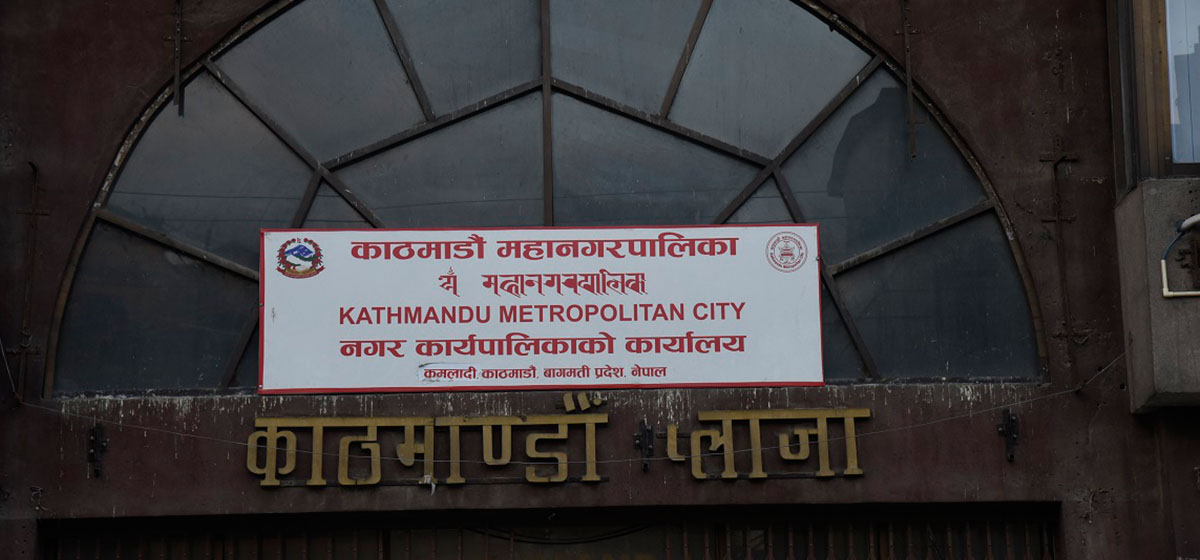


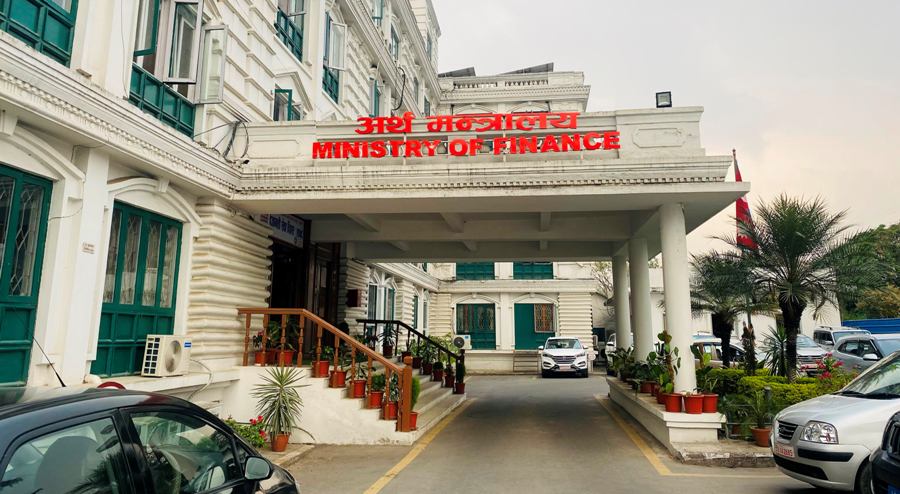

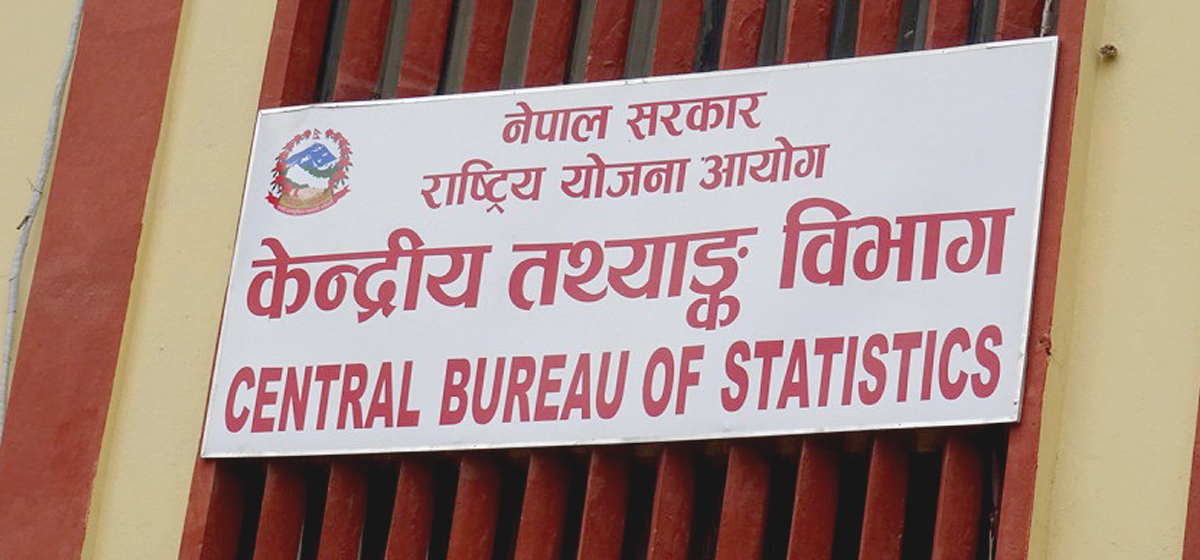
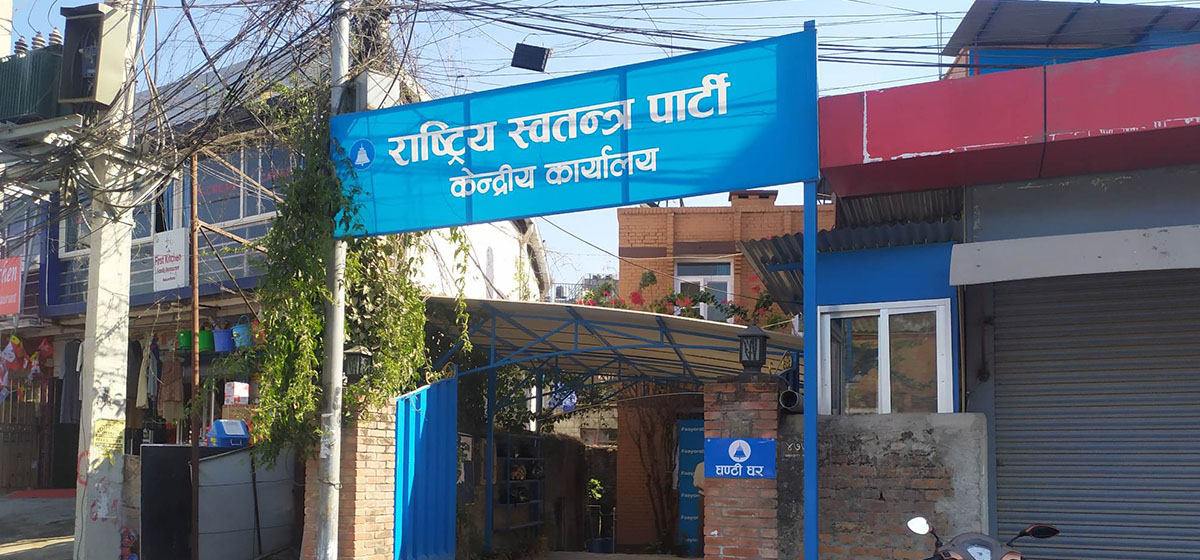


Leave A Comment